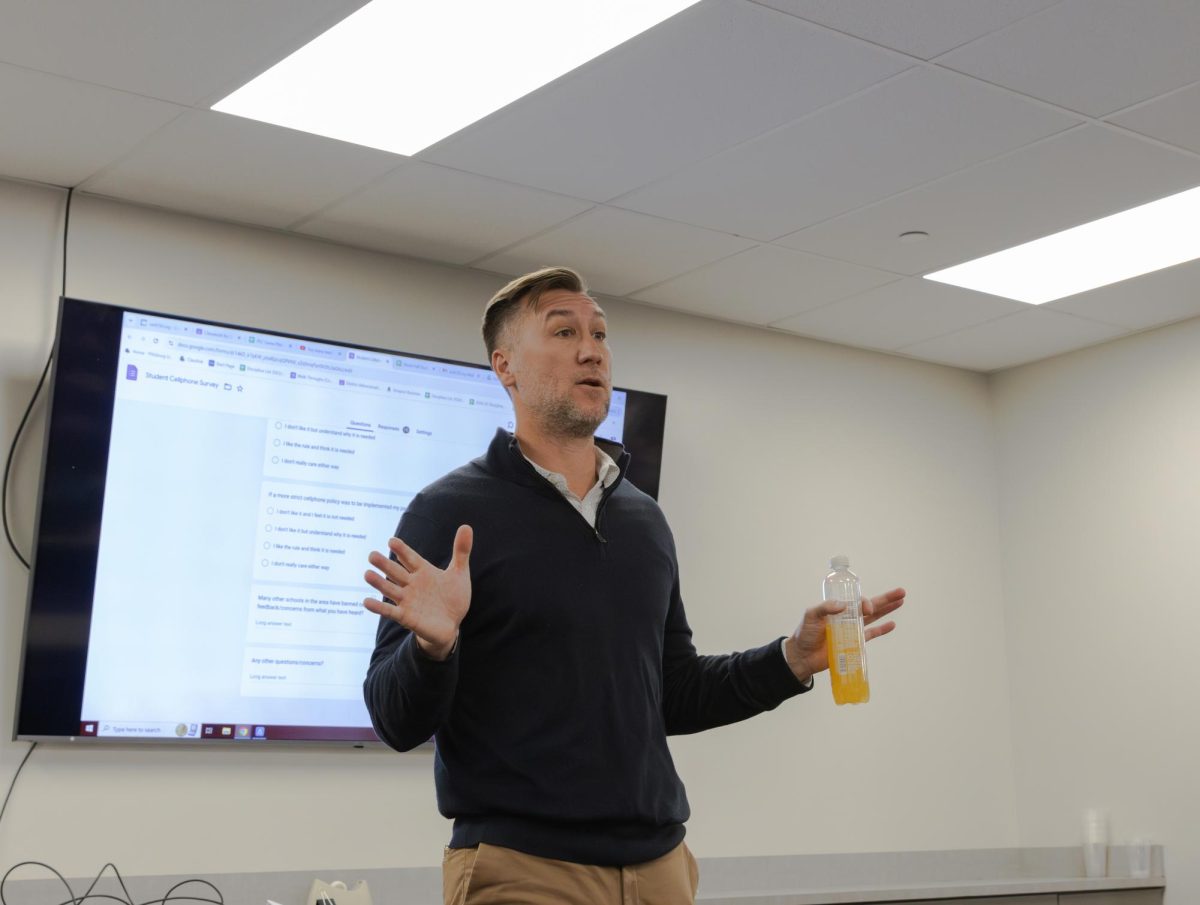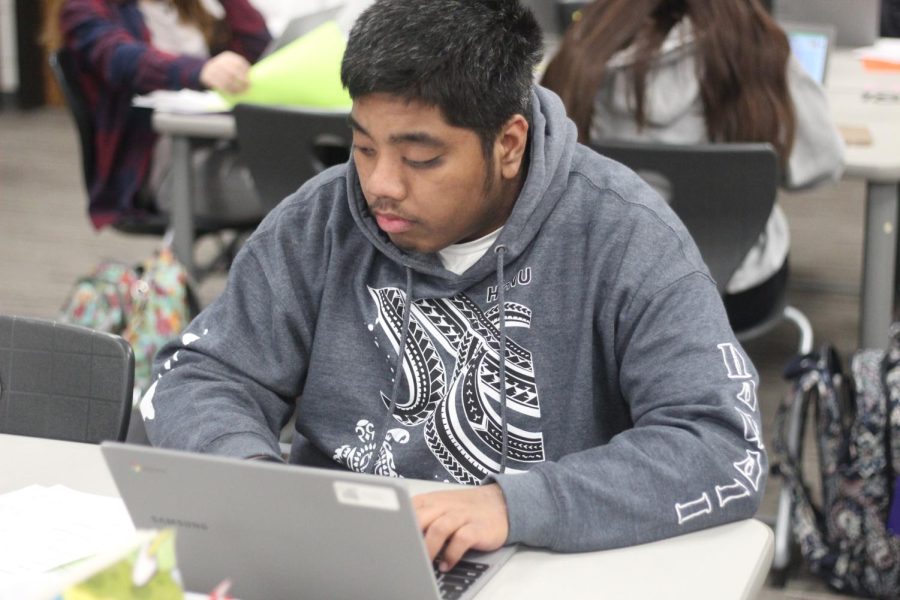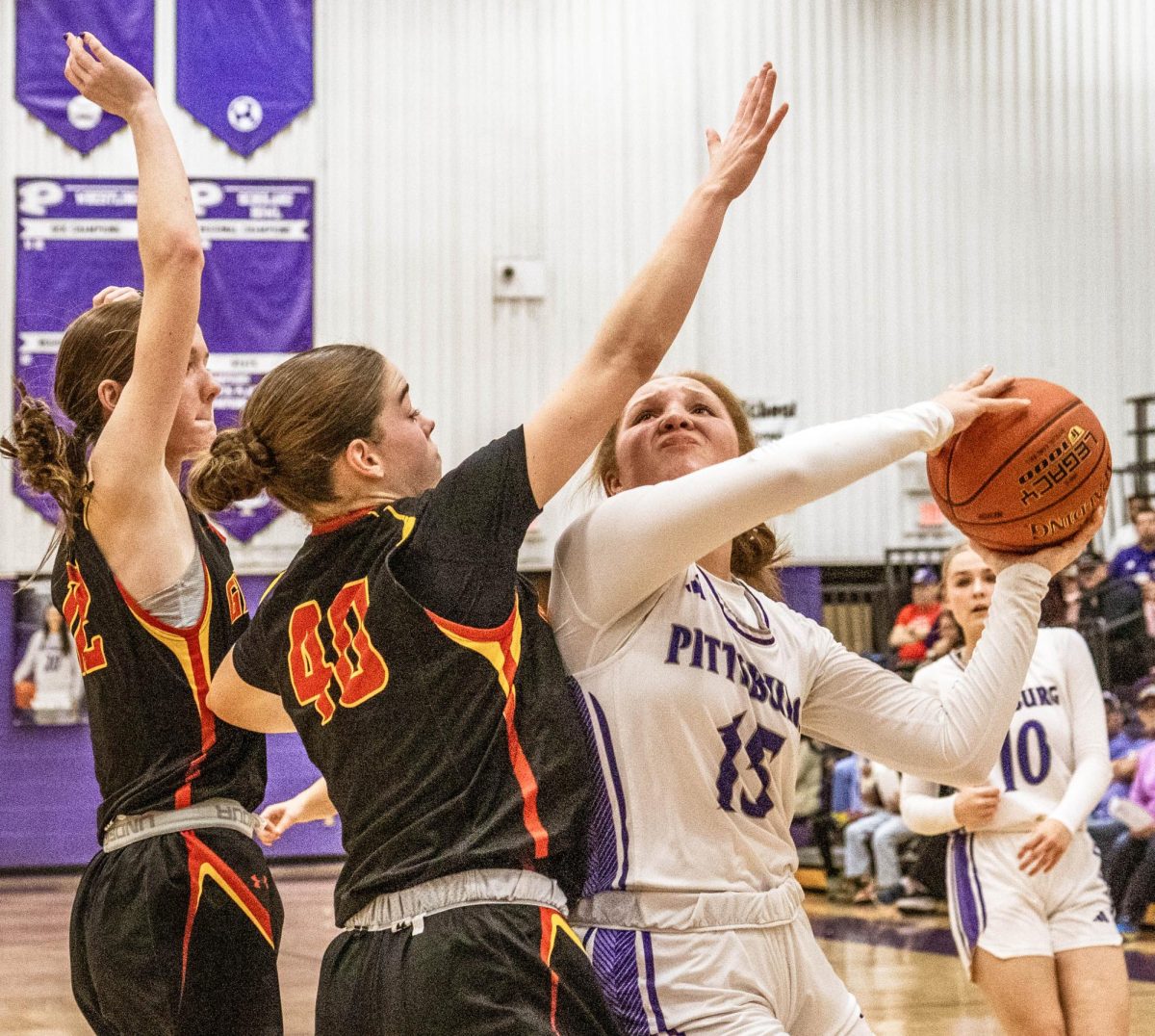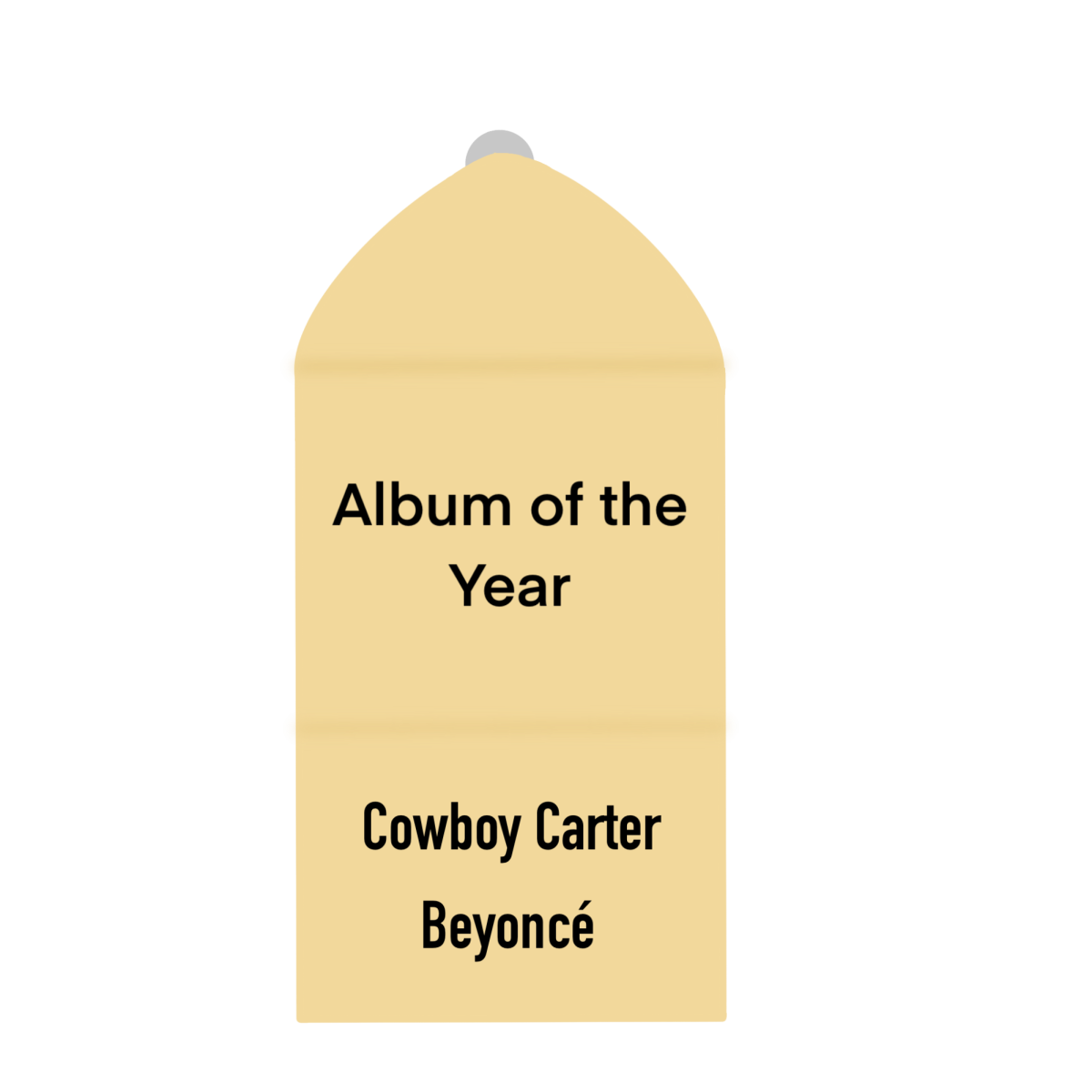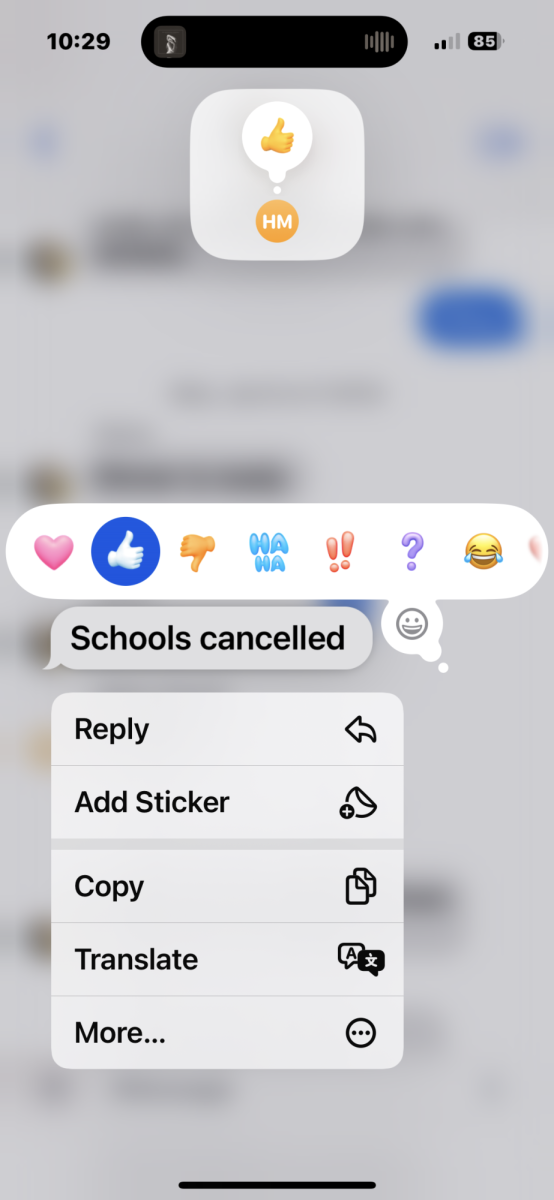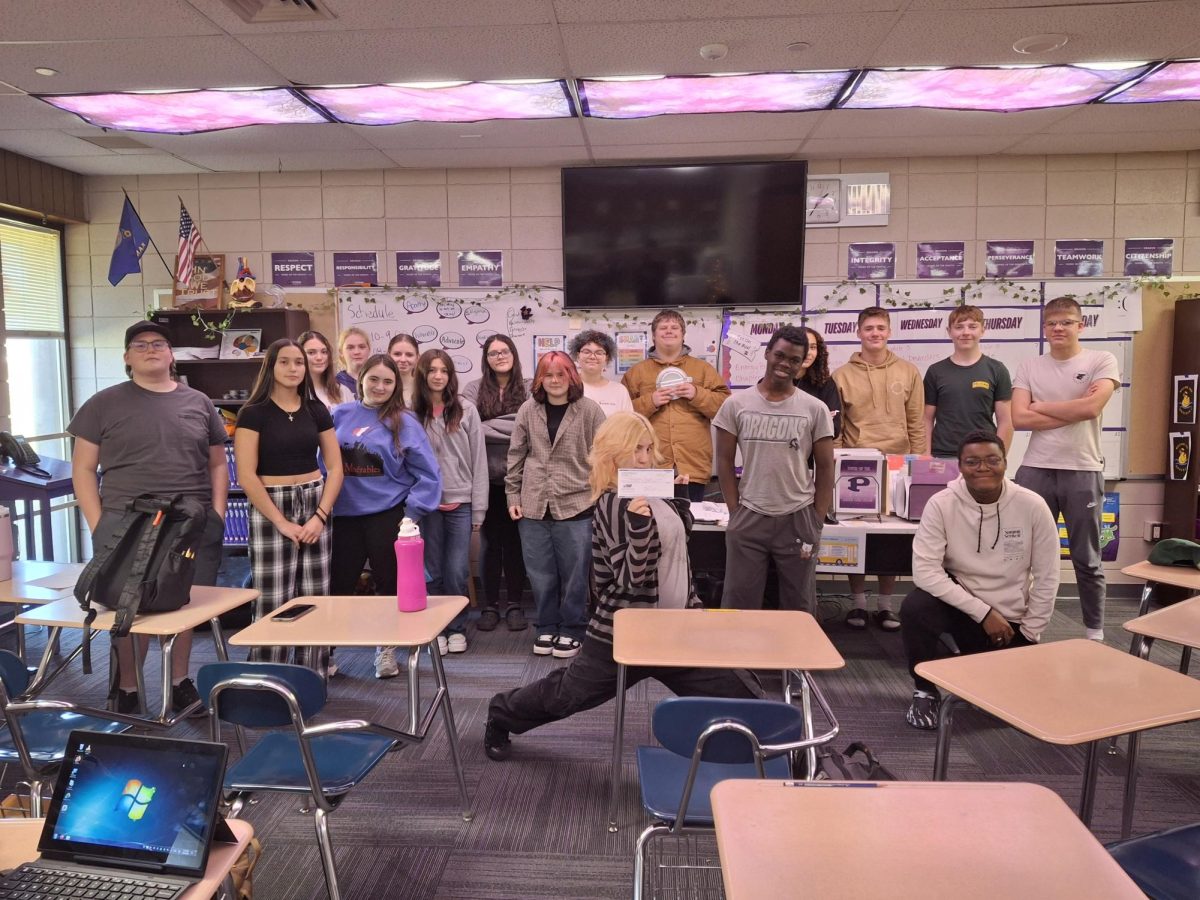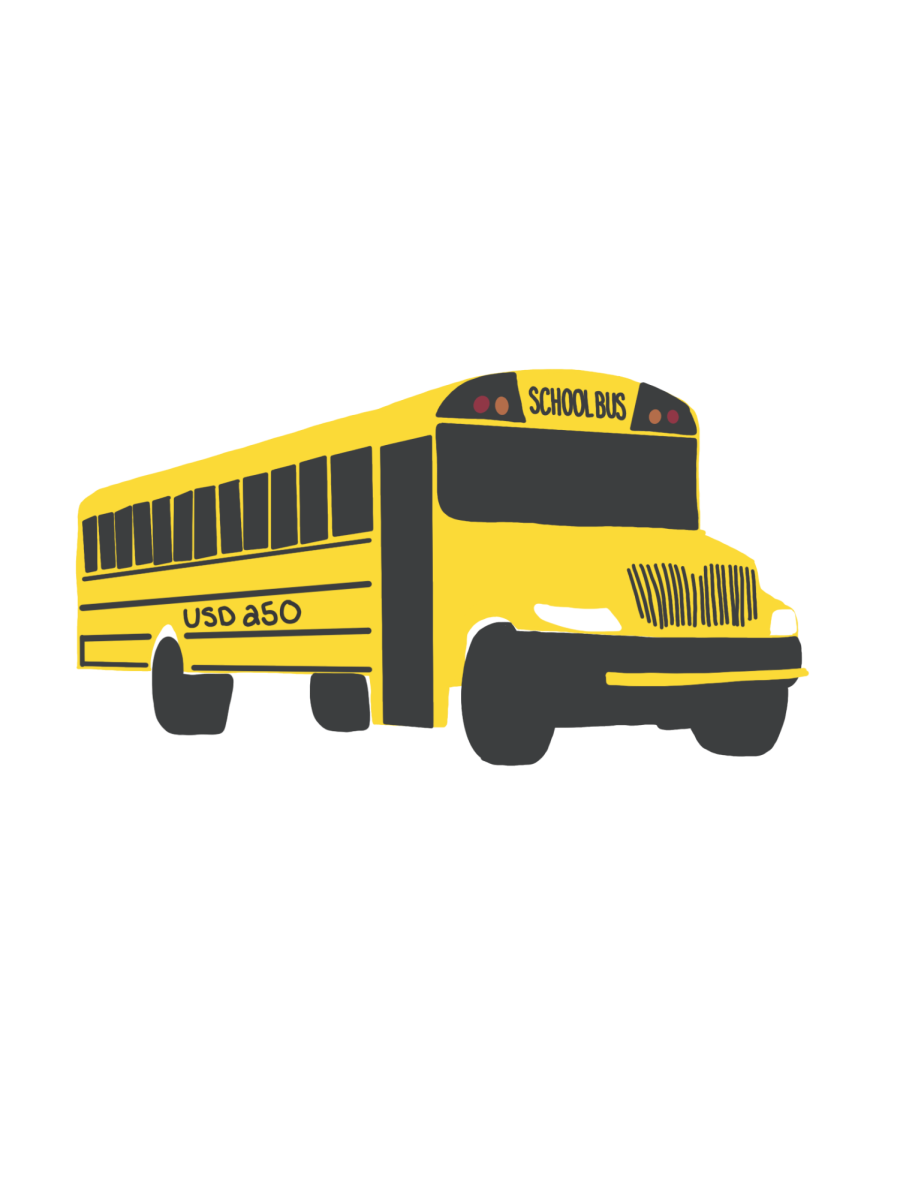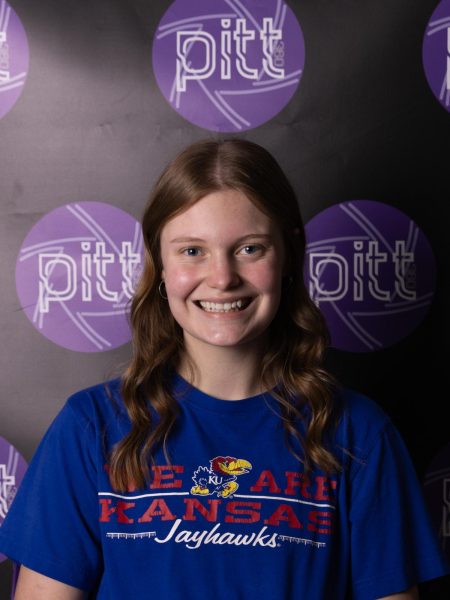A new policy regarding artificial intelligence has been implemented for the 2023-24 school year.
Kris Crotts, assistant principal, has been given the responsibility for creating and enforcing the policy.
“Like many technological advances, [AI] has a lot of good qualities to make tasks easier,” Crotts said. “It can also be abused and have negative ramifications.”
There are different softwares that faculty uses in order to detect AI. These tools are installed in computers and do not need to be paid for.
“Canvas embedded Ai detection powered by Copyleaks, Origin by Chat GPT Zero Extension for Google Docs, and Writing experts comparative analysis,” Crotts said.
When Canvas detects AI use at a 20% or higher, the first offense will give the student a chance to redo the assignment. It will remain a zero until resubmitted, and accepted at either full or partial credit. The student will also receive friday night school (FNS). On the second offense, the student will receive a zero on the assignment with no opportunity for a redo. Again, the student will receive FNS.
“There are many times in the educational process that instructors want original thought and for students to utilize their creativity,” Crotts said. “Any time AI is replacing this original thought, creativity, or student’s voice, that is an issue.”
Administration has been working to further prevent the use of AI. Crotts has even collaborated with other schools in order to gain more information.
“I have spoken with other districts and have combined our research with conversations from our writing experts, along with tools we have available to come up with the best practices we are suggesting to use,” Crotts said. “We have placed some preventive measures in place geared toward making sure students are working in one word processing program, developing a more thorough writing process with check-ins along the way, and having conversations with students about their creative process as well.”
Samantha Warren, instructional coach, first noticed the rise in AI use last year. She believes that the use of AI isn’t out of hand.
“There are a few kids who have used it to cheat,” Warren said. “I know that I’ve used it to help me write some emails and make some schedules. It’s nice for something to do tedious work.”
On the contrary, teachers have noticed that AI present in the classroom has become a problem. English teacher Emily Rountree says that the most predominant AI source has been ChatGPT.
“I started getting papers that were AI generated, [which is] very easy to tell, when assigning essays in the spring,” Rountree said.
When she catches a student being academically dishonest with AI, she treats it like plagiarism.
“I confront the student about it and say that they are getting a zero,” Rountree said. “I usually do give the chance to earn some credit back by redoing it in front of me so I can be sure they aren’t plagiarizing.”
According to Rountree, there are some benefits that can be brought about from using AI.
“It can be used positively, like when you are using it for fun or when you are using it to help you improve the ideas that you have already written,” Rountree said. “It can help students grade their own work with a rubric before turning it in or give you ideas on how to make your writing more concise or free from errors.”
Although using AI to entertain or improve assignments is a good thing, Rountree sees AI as a negative factor in schools. Especially when generating an entire essay instead of doing any of the work, or by creating ideas that are not your own and then passing them off as your own, both of which are plagiarism.
“AI is affecting education by further degrading critical thinking skills and personal grit and perseverance,” Rountree said. “Even if you are just getting your ideas from generative AI, and writing the paper yourself, you are not allowing yourself the struggle of coming up with your own ideas; you are parroting ideas that have been gathered and put together from the resources on the internet.”
As AI continues to grow in power, the challenge to our society will be to shift the education paradigm from one which emphasizes good grades and productivity to one which emphasizes and rewards creativity, critical thinking, and communication.
“Our current paradigm rewards quick and efficient task completion, which is what generative AI provides, so it is no wonder that students are using it,” Rountree said. “Maybe generative AI will force a change for the better; maybe it will make school a place where students come to talk about ideas, to struggle, to think, to create, to wonder, and to leave AI behind.”


